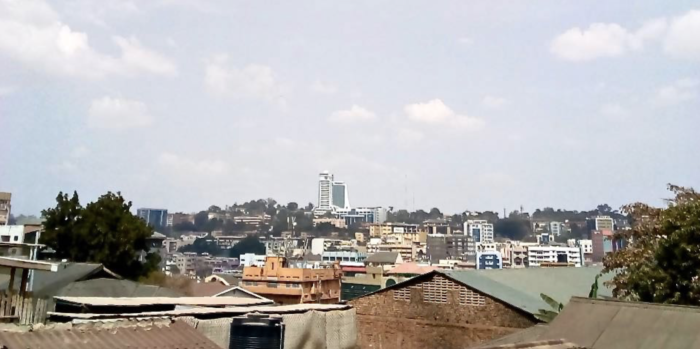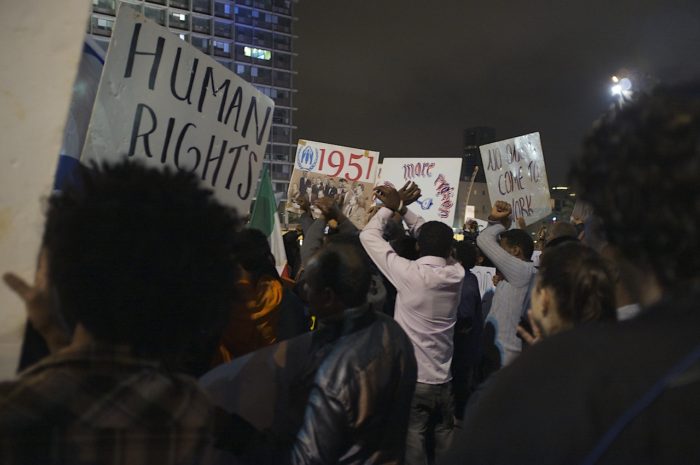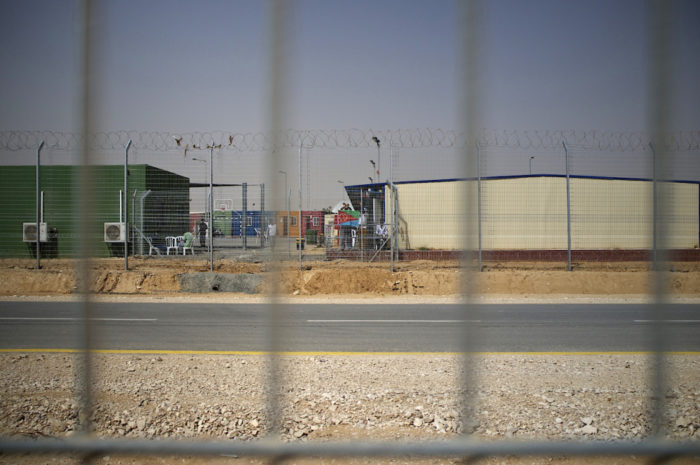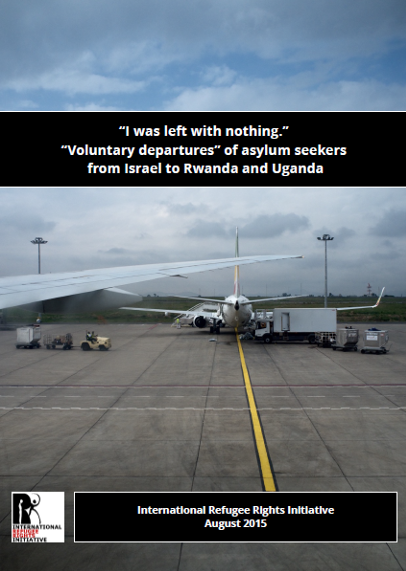A new policy paper by the International Refugee Rights Initiative (IRRI) examines Eritrean asylum seekers’ ability to access refugee status in Uganda. It shows how the combination of low recognition rates, the proliferation of informal interlocutors and corruption all render refugee status increasingly inaccessible to Eritreans and undermine the efficiency of the Ugandan asylum system….
On 1 January, the Israeli government announced a new plan to coerce all Eritreans and Sudanese asylum seekers to leave the country by the end of March 2018. Those leaving within this period will receive a grant of USD 3,500 in cash upon their departure and a free one-way ticket. Those who will remain,…
On 28 August Israel’s High Court of Justice issued its ruling in an appeal on a district court decision concerning Israel’s “voluntary departures” scheme. Under this scheme, Eritreans and Sudanese irregular migrants are transferred from Israel to unnamed “third countries” in Africa. Israel has never disclosed the names of the countries involved in this…
Last week the Be’er-Sheva District Court rejected a petition filed by two Eritrean asylum seekers and six Israeli NGOs against the government’s new policy of imprisoning irregular migrants who are unwilling to leave Israel to Uganda or Rwanda. By doing so, the court gave a green light to the indefinite imprisonment of Eritreans and Sudanese…
For decades, Europe has managed to ignore the majority of refugees housed in countries along the borders of those in crisis – including Turkey, Lebanon and Africa’s Great Lakes region – and has had its collective head in the sand over the critical failures to offer them adequate protection and assistance. It has wrongly assumed that aid budgets are a…
A new report launched today by the International Refugee Rights Initiative (IRRI) exposes how Israeli transfers of Eritrean and Sudanese asylum seekers to Uganda and Rwanda leaves them without status and vulnerable to exploitation. “Our research shows that Israel is not only failing to respect its own obligations under international law, but is directly increasing…



